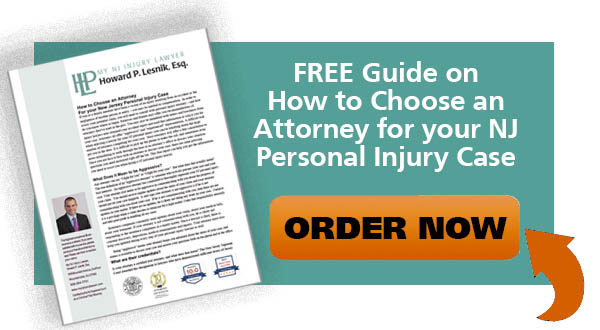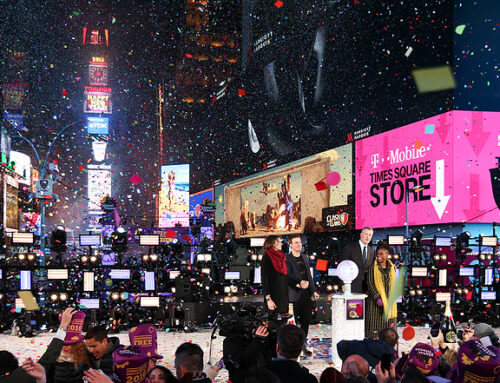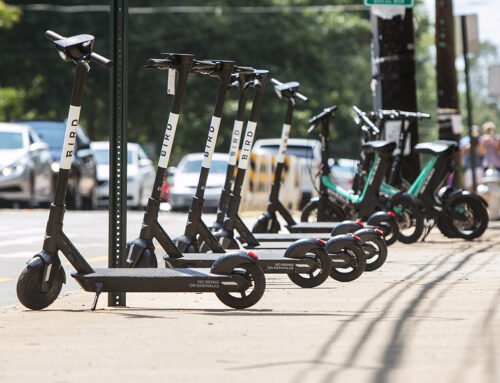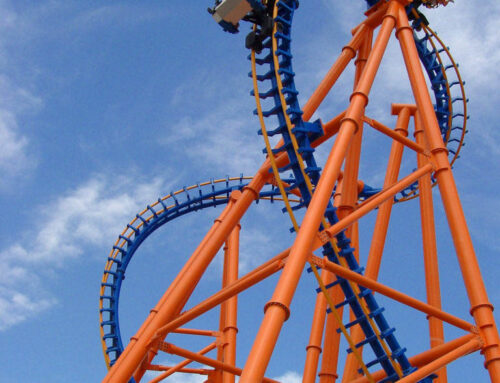Baseball is referred to as “America’s Pastime” and millions of children and adults play baseball. What they don’t realize is that almost every time they step into the batter’s box, they do so with unsafe and defective batting helmet. Helmets are unsafe because they do not offer sufficient protection against baseball head and brain injuries. There was recent debate about banning aluminum bats because they can significantly increase the velocity of ball when hit and can injure the pitcher, or even spectators with foul balls. Pitchers and fans are always at risk, but that risk pales in comparison to batters.
Rising Baseball Head Injuries
Although head and brain injuries in baseball and softball are reportedly lower than in other sports, a review published in Frontiers in Neurology found that defective helmets and poor compliance with helmet safety requirements played a significant role in head injuries. The researchers concluded that concussions, serious brain and head injuries are on the rise.
Concussions and head injuries have recently made national headlines with the both the NFL and the NCAA agreeing to large settlements of class-action concussion lawsuits. Major League Baseball has also been visible in the national spotlight with traumatic replays of line drives hitting a player or fan in the head. And fastballs beaming a batter’s helmet are becoming all too common in the MLB.
While players on major league rosters are professionals and experienced in staring down fastballs, youths and young children learning baseball do not have the agility avoid errant and wild pitches. Even more frightening, a typical varsity high school fastball is thrown between 75-85 mph. A college prospect on the mound in high school may deal fastballs at speeds in the upper 80s and low 90 mph range.
Batters face more than bruises and black and blues at home plate nowadays. Due to unsafe helmets, high school athletes risk concussions, head injuries, personal injuries, traumatic brain injuries, and even wrongful death.
A baseball thrown by a pitcher can cause traumatic injuries to an athlete regardless of whether it is pitched at 100 mph or 60 mph. Outdated baseball helmets are insufficient and provide inadequate protection to batters. The helmet manufacturers and companies that make, distribute and sell them are aware of the dangers.
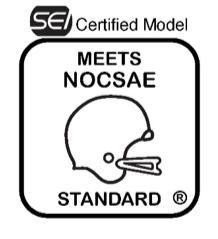 According to the CDC, a helmet should be labeled with “MEETS NOCSAE Standard®” and be certified either by the manufacturer or by Safety Equipment Institute (SEI). That safety sticker ensures the helmet means has been tested and satisfies National Operating Committee on Standards for Athletic Equipment (NOCSAE) testing and safety requirements. The label should also specify when the helmet was tested, and when the certification expires. If the helmet is expired, it should be retested to make sure it is re-certified to comply with safety standards. The manufactured dated should also be provided to determine if it is ever recalled. In the case of a used-helmet, the label should list any repairs and whether it is approved for continued use.
According to the CDC, a helmet should be labeled with “MEETS NOCSAE Standard®” and be certified either by the manufacturer or by Safety Equipment Institute (SEI). That safety sticker ensures the helmet means has been tested and satisfies National Operating Committee on Standards for Athletic Equipment (NOCSAE) testing and safety requirements. The label should also specify when the helmet was tested, and when the certification expires. If the helmet is expired, it should be retested to make sure it is re-certified to comply with safety standards. The manufactured dated should also be provided to determine if it is ever recalled. In the case of a used-helmet, the label should list any repairs and whether it is approved for continued use.
The cost of equipment and gear for youth baseball can get expensive. I took my own son to the local good sporting goods store during a recent spring weekend. Mitts, batting gloves, cleats, baseball bats, and accessories can quickly add up. A helmet may seem like an after-thought. Many parents simply use another child’s helmet, or the hand-me-downs provided by the recreation league or the coach.
This year is the first year my son will face actual pitching from players on opposing teams. So instead of letting him grab the closest helmet on the ground when it’s his turn to bat, we invested in a certified helmet to protect against baseball head injuries. You cannot control how another player pitches, but you can protect against your own child’s head injuries. If your child suffers a head injury, do not delay contacting an attorney.
Contact My Office Immediately
If your child suffered a head injury from a defective helmet, you should absolutely save the helmet and contact my office immediately. I am familiar with handling these claims. I have almost 20 years’ experience with obtaining results handling complex and difficult cases against major insurance companies, large corporations, public and government entities. My NJ Injury Lawyer Howard P. Lesnik, Esq. offers free strategy sessions to address any issue or questions you may have about your injury, medical bills or your accident claim. Please contact me now by email, by phoning 908.264.7701, or by completing the form to the right to schedule your complimentary 30-minute strategy session.


